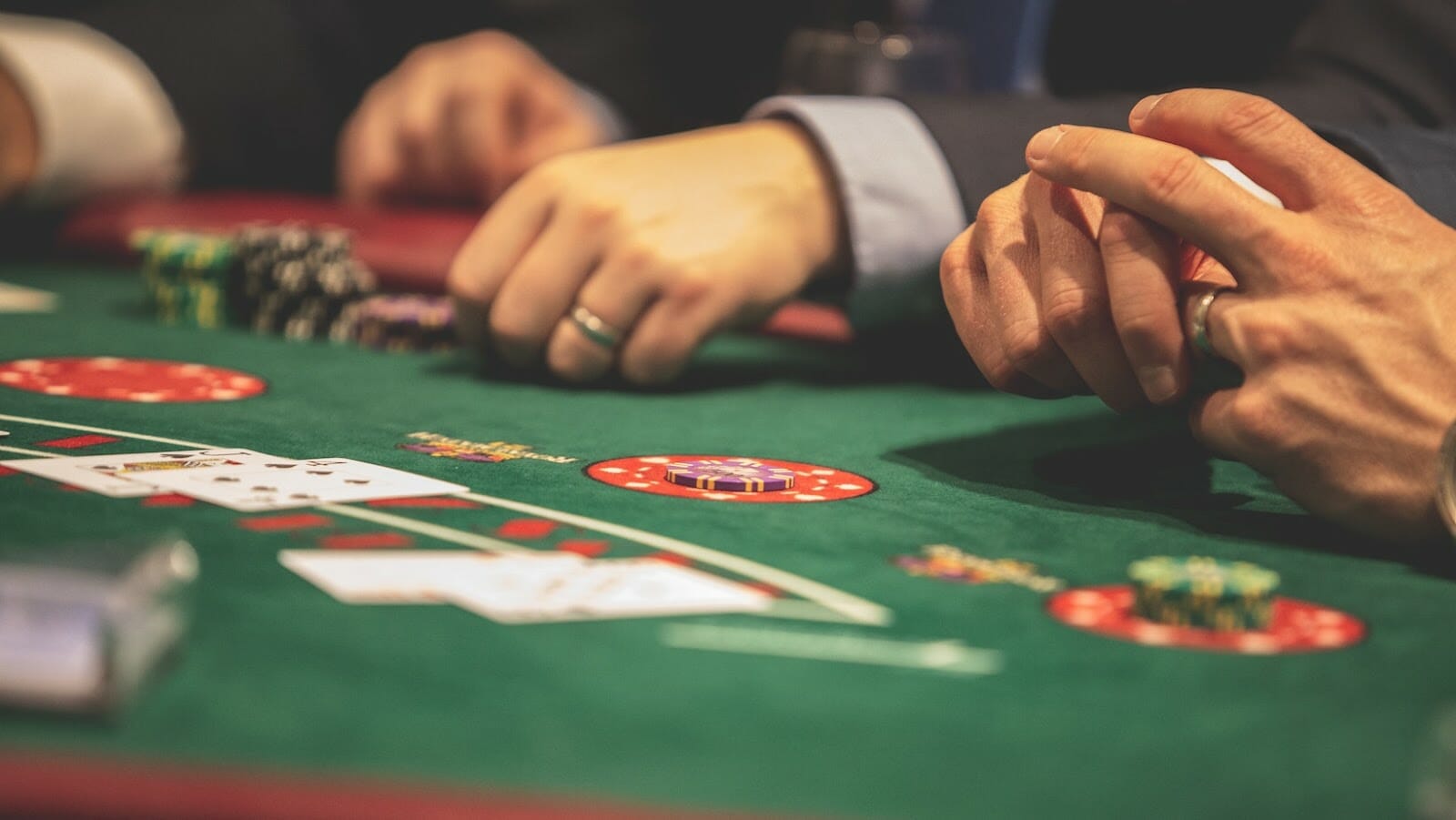In today’s fast-paced world, gaming and gambling have become a popular pastime activity for many individuals. With the advent of online casinos and the proliferation of various forms of entertainment, it has become easier than ever to participate in these activities. However, as with all things, there are both positive and negative effects of gaming and gambling on society. In this article, we will explore the different aspects and consequences related to the growing popularity of these activities.
The Positive Effects of Gaming and Gambling
It cannot be denied that gaming and gambling provide some benefits to society. These can range from improved brain function to boosting local economies through tourism and job creation. Let us delve deeper into these positive impacts:
Enhanced Brain Function and Cognitive Abilities
Research has shown that certain games, particularly those involving strategy and problem-solving, can improve brain activity, cognitive abilities, and even aid in the development of new nerve connections. This enhancement can lead to better memory, increased attention span, and superior multitasking skills. Moreover, gaming can help alleviate stress and promote relaxation, providing a healthy outlet for people to unwind after a long day.
Economic Growth
Gaming and gambling industries contribute significantly to local and national economies. Casinos and other gaming establishments create numerous jobs for residents and attract tourists, resulting in increased revenue for businesses in the area.

Additionally, taxes collected from these establishments support public services such as education, healthcare, and infrastructure improvements.
Social Interaction and Networking
Both online and offline gaming communities offer opportunities for social interaction and networking. Players can forge friendships, engage in friendly competition, and collaborate to solve problems or complete tasks. This can lead to the development of valuable communication and teamwork skills, which are essential in various aspects of life.
The Negative Effects of Gaming and Gambling
Despite the aforementioned benefits, there are also several negative consequences associated with gaming and gambling, like playing casino online. These primarily revolve around addiction, mental health issues, and financial implications:
Addiction and Mental Health
Gaming and gambling can be highly addictive due to the release of hormones such as dopamine, which create feelings of pleasure and reward. When these activities are pursued excessively, they can interfere with daily life, leading to a multitude of problems like anxiety, depression, social isolation, and even physical health issues. It is essential for individuals to recognize the signs of addiction and seek help when necessary to prevent long-term damage to their mental well-being.
Financial Consequences
Problem gambling can have severe financial repercussions for individuals and their families. Excessive spending on gambling activities may result in mounting debts, bankruptcy, or loss of assets like homes and vehicles.

Moreover, this financial strain can cause stress and tension within families, leading to relationship breakdowns and other personal problems.
Impact on Vulnerable Populations
Certain groups of people, such as those with pre-existing mental health conditions, low-income earners, and younger individuals, are particularly susceptible to the negative effects of gaming and gambling. Online casinos and gaming platforms might prey upon these vulnerable populations, encouraging them to spend more money than they can afford, further exacerbating their problems.
Mitigating the Negative Effects of Gaming and Gambling
Navigating the impact of gaming and gambling on society requires striking a delicate balance between enjoying the positive aspects while minimizing the negative consequences. The following measures can be implemented to help achieve this equilibrium:
1. Education and Awareness: Providing information about the potential risks of gaming and gambling can help individuals make informed choices and recognize when they need assistance.
2. Regulation and Legislation: Governments and regulatory bodies can enforce stricter policies related to advertising, age restrictions, and spending limits to protect vulnerable groups from the detrimental effects of these activities.
3. Responsible Gaming Programs: Gaming and gambling establishments can initiate responsible gaming programs that encourage patrons to set time and money limits, provide resources for addiction treatment, and implement self-exclusion options for those who need them.
In conclusion, gaming and gambling are multifaceted activities that have both positive and negative implications for society. By understanding these impacts and implementing appropriate measures to mitigate potential harm, we can continue to enjoy the benefits of gaming and gambling while minimizing their adverse consequences on our lives and communities.

